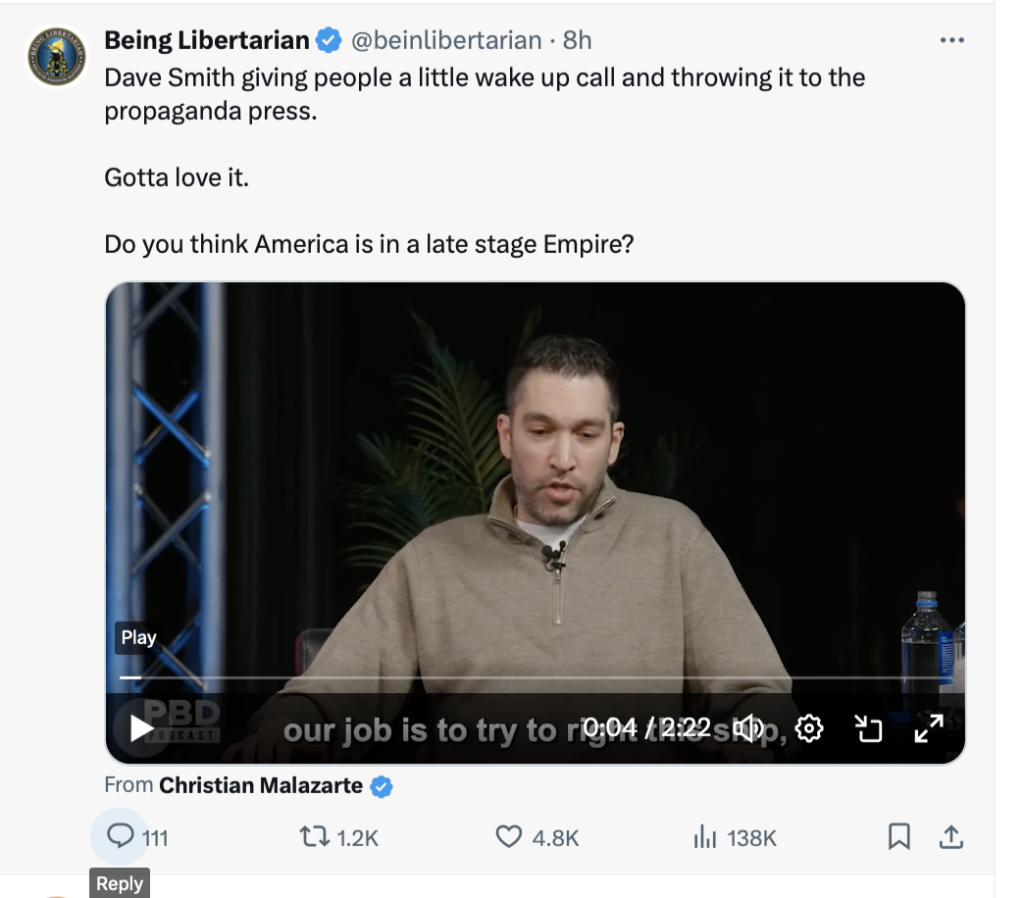New York Times Finally Admits COVID Was Probably a Lab Leak
The NYT has finally come around. It's been a long wait. Way back in May of 2021, NYT Science reporter, Apoorva Mandavilli lectured us that it was "racist" to be concerned that scientists concocted COVID in a lab.
Fast forward to June 3, 2024: A guest essay in the NYT argues that the pandemic "Probably stared in a Lab." All in five easy steps. Well illustrated, including this graphic:
I woke up this morning to the news that—after four years of printing lies—the New York Times has finally published an Opinion piece acknowledges the evidence that SARS-CoV-2 did not originate in nature, but in a lab.
Why would there be a three year moratorium on discussing what is arguably the most important story of this century? I'm back to the same questions I keep asking myself: Who is controlling the information that we are allowed to read and hear, especially in corporate media and social media? What is their long range plan? Given that we are purportedly in a democracy, why is there almost no public deliberation and debate on key issues, but rather top-down ham-handed edicts? Why have so many of the pronouncements from our public health "experts" been so incredibly wrong? Such as the mask problem pointed out here:
We have a big problem in the U.S.. It is seemingly insurmountable. I'm not yet despondent, but heading there too often. I have repeatedly come to the conclusion that being being curious, distilling the facts with care, and sharing my ideas might make a difference. That can only happen, I believe, in a culture that is not locked down with military-grade censorship. That's where are already are, I fear. Arguments are not being won on the merits, but because someone, eventually, decides that it is no longer "bad" to say things that made sense all along. Or perhaps, the NYT noticed that the stench of its censorship of real stories was becoming grotesquely embarrassing, so it became time to hit the limited hangout button on lab leak. Limited Hangout:
[A] limited hangout is "spy jargon for a favorite and frequently used gimmick of the clandestine professionals. When their veil of secrecy is shredded and they can no longer rely on a phony cover story to misinform the public, they resort to admitting—sometimes even volunteering—some of the truth while still managing to withhold the key and damaging facts in the case. The public, however, is usually so intrigued by the new information that it never thinks to pursue the matter further."
We who do not have any significant power/money don't have the main tool for winning arguments. As Rob Henderson pointed out (paraphrased by Claire Lehmann: "people who are high in status don't actually have to point out where an argument is wrong, just that an argument (or speaker) is low in status."
It's at times like these that, strangely, George Orwell brings me some consolation:
A society becomes totalitarian when its structure becomes flagrantly artificial...when its ruling class has lost its function but succeeds in clinging to power by force or fraud. Such a society...can never afford to become either tolerant or intellectually stable.
[From The Prevention of Literature]



